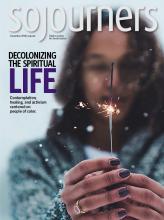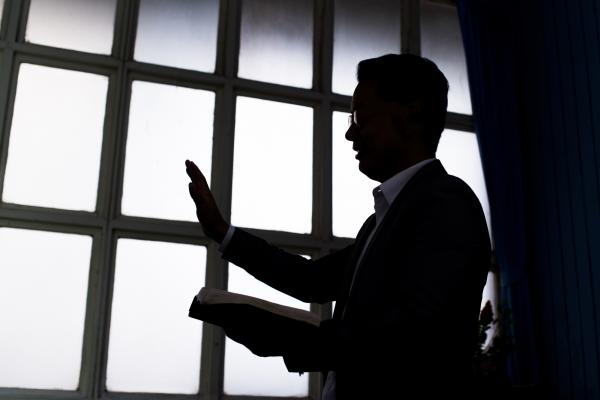INCIDENTS OF SEXUAL misconduct in faith communities shine a spotlight on issues of power in congregations.
As important as recognition, prevention, and intervention are for ending sexual violence, faith communities have significant work to do on routine, everyday abuses of power.
The way faith communities distribute labor and educational responsibilities, as well as committee assignments and financial obligations, often fall along stereotypical gender, class, and age lines. These mundane misuses of power in church settings desensitize us to recognizing serious boundary violations when they occur.
Faith communities assess power differentials and concurrent risks to determine policies that provide checks and balances on power imbalances. For example, individuals who are ordained have more power because of their level of education, professional status, and theological notions of representing God or a tradition. Adults have more power than youth because of social experience, economic means, or physical ability. In these dyads, power accrues to the individual with more resources. This is generally a solid starting point when assessing power differentials and then minimizing risk by creating practices of accountability. However, we rarely occupy one identity or one role when participating in congregations.
Read the Full Article

